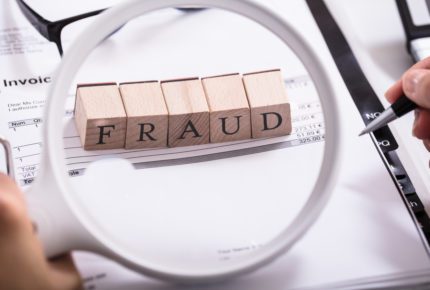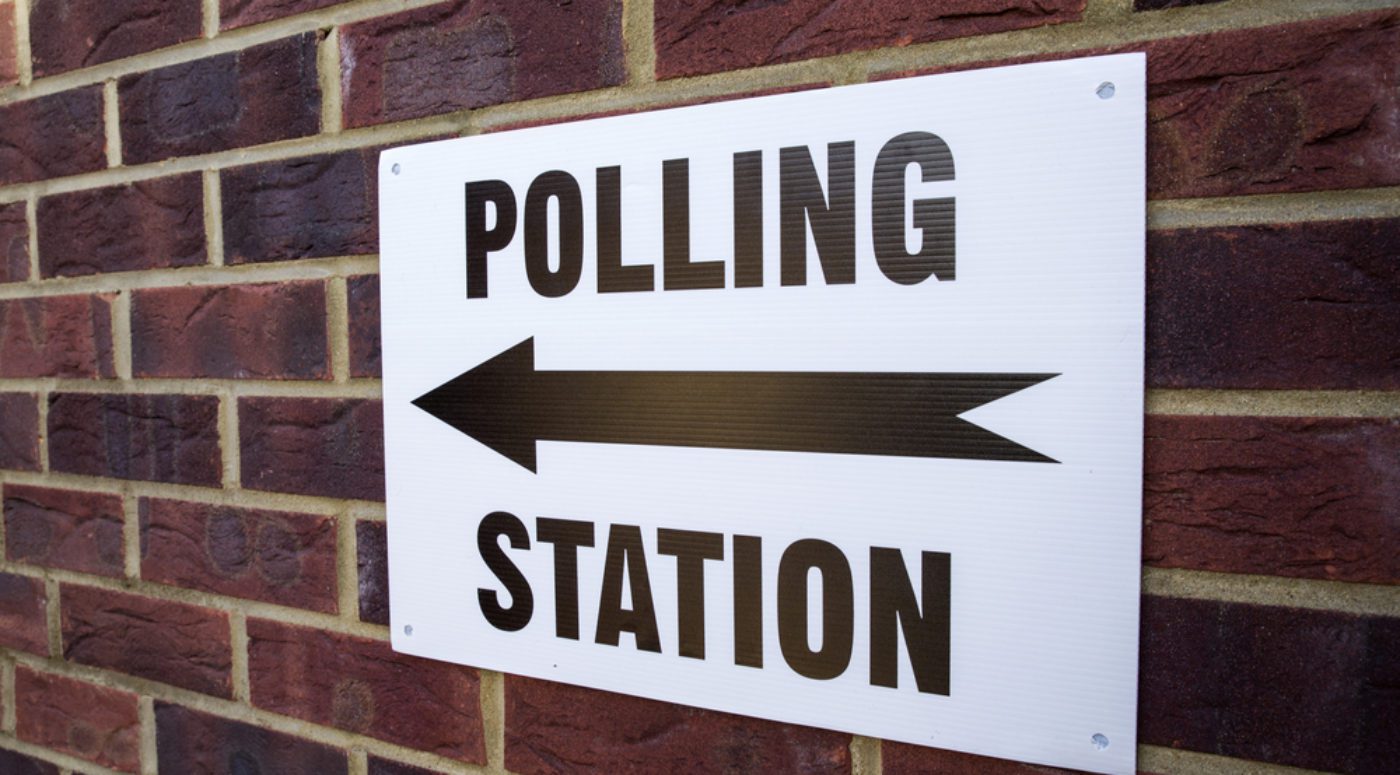

If you or someone close faces a first electoral fraud charge, feeling anxious and eager to begin your defence is completely understandable. Electoral fraud cuts at the heart of democracy and so is dealt with sternly by UK courts. Accordingly, engaging an expert defence solicitor promptly should be a top priority. This article provides an overview of electoral fraud offences, looking at what the offence is and what some typical examples of the offence are, as well as discussing sentencing of first-time offenders and clarifying imprisonment risks. We also outline how to get in touch with our team for robust legal assistance if you find yourself facing such a charge for the first time.
What is the offence of electoral fraud?
Electoral fraud is an offence under the Representation of the People Act 1983. It involves dishonest conduct aimed at influencing election results such as false voting, bribery, and tampering with ballots.
Key electoral fraud offences include undue influence, bribery, and falsification of returns under the 1983 Act. For a conviction, the prosecution must generally establish:
- Dishonest action by the defendant with the aim of affecting an election’s outcome. This could involve voting illegally, miscounting ballots, or engaging in smear campaigns.
- The defendant’s conduct interfered with the election process or compromised free and fair voting.
- In some cases, the defendant’s intent to cause loss to a candidate or political party.
Electoral fraud carries penalties of unlimited fines and up to two years’ imprisonment. Prosecutions most often occur in the Magistrates’ Court, but could be heard in the Crown Court as well. Sentencing generally accounts for factors like the impact on democratic rights and the scale of the offending in terms of votes affected.
What are some examples of electoral fraud?
Examples of this offence include:
- Impersonating someone else to illegally cast a vote in their name.
- Voting more than once in the same election at different polling stations.
- Tampering with ballot papers by spoiling, destroying, or miscounting them.
- Bribing or intimidating voters to vote in a particular way.
- False voter registration to add illegitimate names to the voting roll.
- Misreporting election results by officials overseeing the polls.
- Hacking electronic voting systems to manipulate tallies.
- Making false statements about candidates to influence election outcomes.
- Buying votes by exchanging gifts, money, or favors for votes.
- Misusing postal voting facilities by filling out and submitting ballots on others’ behalf.
- Ballot box stuffing by illegally adding extra voting papers to rig the count.
- Gerrymandering – manipulating district boundaries to unfairly sway results.
- Vote buying – paying citizens to not vote and lower turnout disproportionately.
What happens if you are suspected of committing electoral fraud in the UK?
If you are suspected of electoral fraud in England and Wales, you will most likely face investigation and potential prosecution under the Representation of the People Act 1983.
Here’s a general outline of what could happen:
- Initial investigation – if electoral fraud is suspected, the police will start an investigation. This may involve gathering evidence like CCTV footage, documents, digital records, and witness statements. You may be interviewed under caution where anything you say could be used as evidence. Having a solicitor present is advisable.
- Arrest or voluntary interview – you could be arrested or asked to attend a voluntary interview at a police station. Even if voluntary, this is serious and could result in charges. Legal representation is recommended.
- Charging decision – after investigating, authorities will consult the Crown Prosecution Service (CPS) on whether to charge you. They will consider if there is sufficient evidence and if it is in the public interest.
- Court process – if charged, your case may be tried in the Magistrates’ Court or Crown Court before a jury.
- Sentencing – if convicted, the court will consider various factors when deciding your sentence. While maximum penalties depend on the offence, non-custodial sentences are possible for first offences depending on circumstances. Potential options include fines, community service, or suspended sentences.
Regardless of the exact process imposed by the authorities, getting expert electoral fraud representation on side at the earliest opportunity is imperative. The earlier you have representation on side, the better your chances at a positive case outcome will be.
What is the sentence for electoral fraud in the UK?
Electoral fraud is a serious offence that undermines democratic processes and with activities like impersonation, false registrations, undue influence, bribery, and tampering with ballot papers or postal votes being all too common, it is unsurprising that the courts come down so harshly on offenders.
Aggravating factors like large scale organised fraud or corruption of elected officials can significantly increase sentences. Mitigating factors, on the other hand, such as showing remorse or this being a first time offence may reduce the ultimate sentence given.
Maximum penalties are two years’ imprisonment and/or an unlimited fine. Police and electoral authorities use data analysis to identify patterns of fraud across constituencies, so there may be regional prerogatives to impose harsher sentences if electoral fraud is a greater problem in some areas than others.
Additional sanctions can include voiding a candidate’s election victory if serious breaches occurred. The Electoral Commission and local authorities have powers to suspend or remove officials who enable fraud. Public funding for a candidate or party can also be withheld.
Are there any defences to electoral fraud?
Here are some potential defences that can be raised in response to allegations of electoral fraud:
- Lack of intent – the prosecution must prove that you had dishonest intent or willfully engaged in activities constituting electoral fraud. If you can demonstrate that you had an honest belief or made a mistake and lacked the intention to deceive or manipulate the electoral process, this could provide a defence.
- Insufficient evidence – skilled defence lawyers will scrutinise the strength of the prosecution’s evidence, looking for inconsistencies, unreliable witnesses, or gaps in the evidence chain. Challenging the sufficiency of evidence and raising reasonable doubt can be an effective defence strategy.
- Procedural errors or irregularities – if there were procedural errors, irregularities, or violations of proper election procedures during the investigation or in the conduct of the election, it may be possible to challenge the validity of the charges. This defence focuses on any procedural flaws that may have compromised the fairness or accuracy of the electoral process.
- Lack of personal involvement – if you can establish that you were not directly involved in the fraudulent activities or that you had no knowledge of the fraudulent acts, this may serve as a defence. It is important to demonstrate that you were not complicit in or aware of any fraudulent behaviour.
- Coercion or duress – if you can demonstrate that you were coerced or under duress to engage in electoral fraud, this may serve as a defence. Your defence counsel must, however, be able to prove that the coercion was immediate or imminent and that you had no reasonable alternative in order for the defence to succeed.
- Mistaken interpretation – if you can argue that you misunderstood or misinterpreted election laws or regulations, leading to unintentional participation in fraudulent activities, this may provide a defence. It is crucial to show that any actions were based on a genuine misunderstanding rather than intentional deception.
Any defence of an electoral fraud allegation will be complex, as voting and other democratic processes are often lengthy and involve numerous parties, many of whom could influence case progression. Getting an expert electoral fraud solicitor on side is critical to understanding the best strategies and tactics for your defence.
Will I go to prison if it is my first time committing electoral fraud?
Predicting whether a first time electoral fraud offence could result in imprisonment is difficult, as numerous factors are considered during sentencing. The scale and impact of the fraud is a key consideration – large, organised schemes seriously undermining free elections are viewed very harshly. Harm to public confidence in the electoral process will also be assessed, with substantial damage increasing the likelihood of custody.
Mitigating factors like previous good character, showing remorse, cooperating with investigations, and attempting to make amends may assist first-time offenders in arguing against prison. However, aggravating factors like acting deliberately for political gain, exploiting a position of authority, or trying to conceal the fraud point towards harsher punishment.
While minor technical breaches may lead to suspended sentences, judges are generally unwilling to suspend prison sentences for serious acts subverting democratic processes. Those facing prosecution should obtain expert legal advice to understand the realistic prospects of imprisonment based on precedents for comparable cases.
Where to get further help
If you or someone close to you is charged with electoral fraud, getting experienced legal help immediately can be pivotal. For those without prior convictions, an experienced electoral fraud solicitor could even get charges dropped before trial, helping to preserve personal and professional reputations and limit damage to important political campaigns. Contact Stuart Miller Solicitors today for a free initial assessment to better understand your options.
OUR COMMITMENTS TO YOU:
-
Responsive
A legal expert will consult you within 24 hours of making an enquiry.
-
Empathetic
We will always treat you with trust, understanding and respect.
-
Specialised
Your case will be handled by an expert who specialises in your type of offence.
-
Proactive
We will take early action to end proceedings as soon as it is practically and legally possible to do so.
-
Engaged
You will be kept updated on your case at all times. We will provide a named contact available to answer your questions.
-
Caring
We understand this is a difficult and stressful time for you and your family. Our team will support you every step of the way.
-
Tenacious
We will never give up on your case. We fight tirelessly to get you the best possible outcome.
